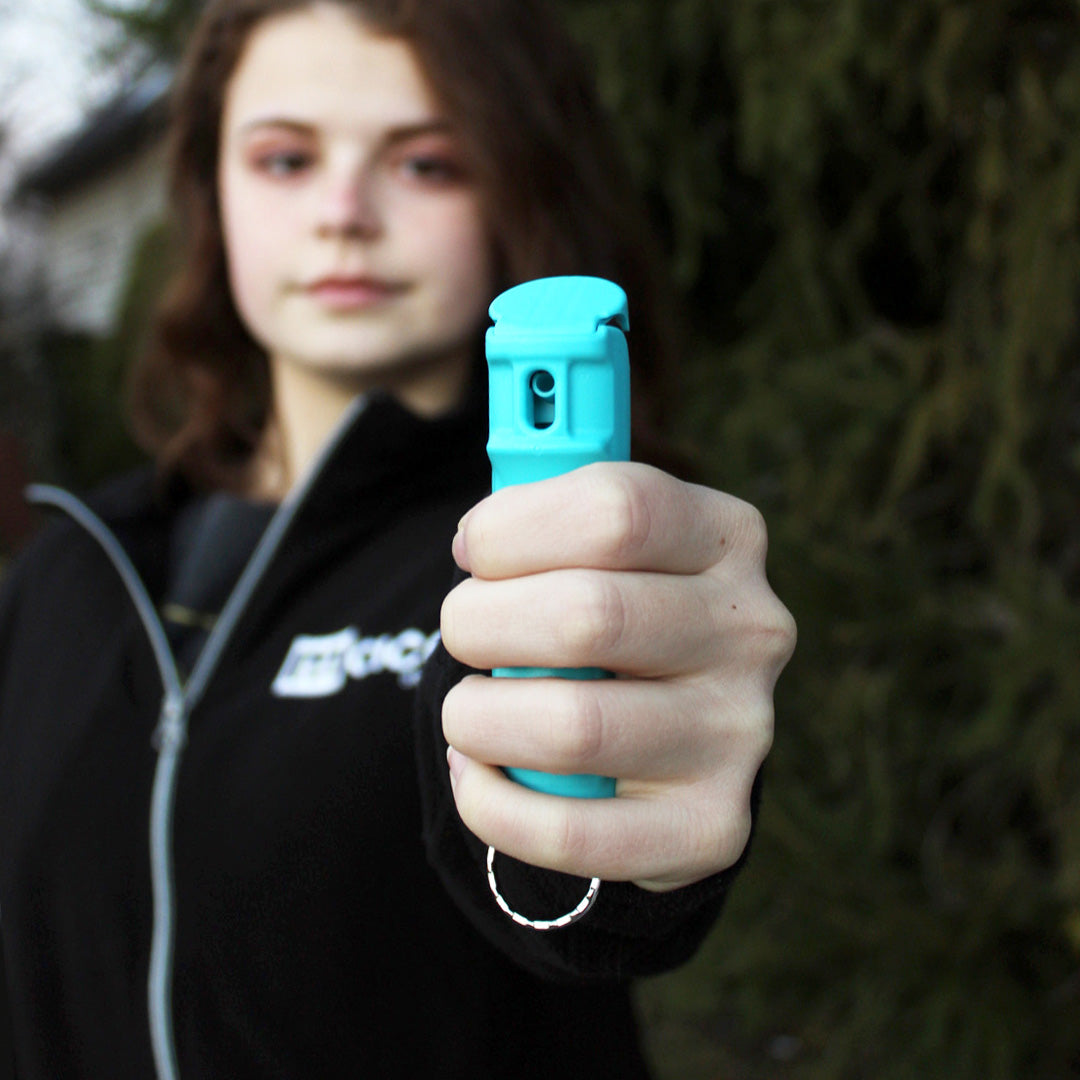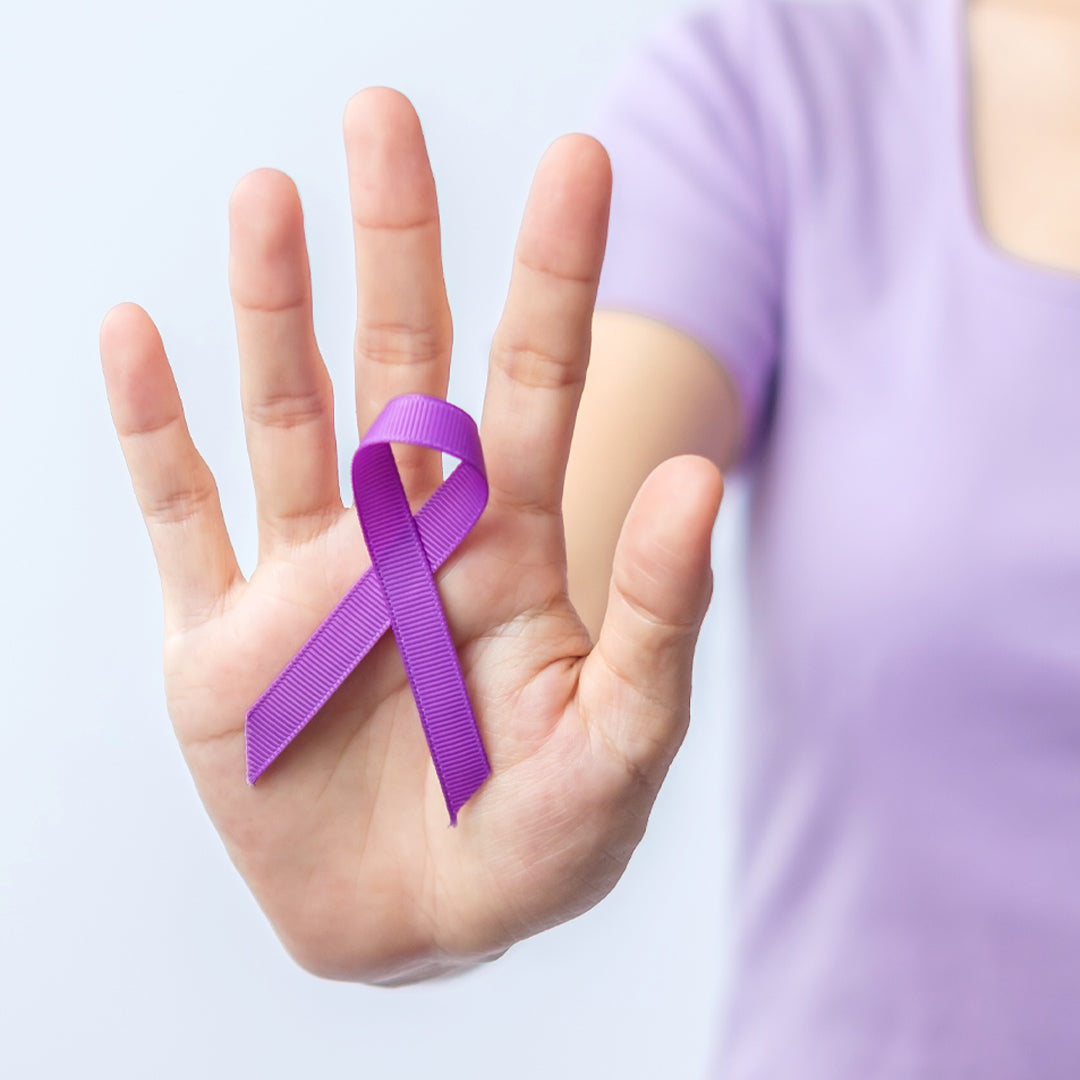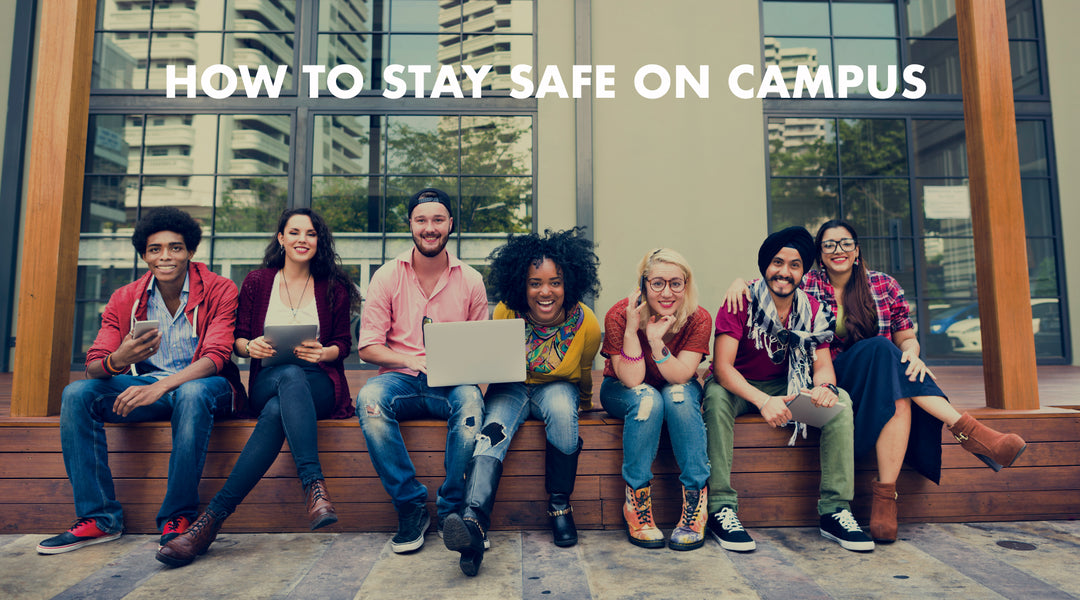Pride Month - Celebrating Diversity and So Much More
The month of June is Pride Month. What is Pride Month? It is a time to celebrate and to recognize the role we can all play in affirming everyone's right to be their true self. Pride gatherings are rooted in the history of minority groups who have struggled for years to overcome prejudice and be accepted for who they are. It is a time for many to feel empowered.

HISTORY OF PRIDE MONTH
One of the biggest Pride Month facts is that the original organizers of Pride Month chose June to pay tribute to the Stonewall uprising that happened in June of 1969 in New York City. The uprising helped spark the modern gay rights movement.
WHAT DO THE ABBREVIATIONS MEAN?
LGBT is an acronym meaning lesbian, gay, bisexual, and transgender. The term sometimes is extended to LGBTQ or even LGBTQIA to include queer, intersex, and asexual groups. Queer is an umbrella term for non-straight people. Intersex refers to those whose sex is not clearly defined because of genetic, hormonal or biological differences. Asexual describes those who don't experience sexual attraction.
WHO CELEBRATES
Pride events are geared toward anyone, and especially to those who feel like their sexual identity falls outside of the mainstream. However, many straight people, churches, civic organizations, and businesses join in the celebrations as well.
Many communities celebrate Pride Month with a parade. In Cleveland, Ohio, the LGBT Community Center of Greater Cleveland organized a Pride Ride. Dozens of people on bicycles led a long line of cars, trucks, and vans through various neighborhoods, ending at the LGBT Community Center of Greater Cleveland.

WHY THIS GROUP JOINED THE EFFORT 
Showing support for diversity can be seen as an act of heroism by some, especially when it goes against the stance of your larger church's current views. Several members of the Brecksville United Methodist Church took part in the Pride Ride, with hopes of learning, listening, and showing support to those groups that are often overlooked or exempt from worshiping. They took part during a time when the United Methodist Church has continued to vote against gay inclusion. As a reconciling church, (which means members of this church voted against their larger church's stance on same sex marriage and gay inclusion) these members were standing up for their own beliefs.
Pastor Heidi Welch, (pictured in front of the green door above) gives us her perspective on why her church sponsored the Pride Ride.
Q: Why are social justice issues so important to you?
Pastor Heidi Welch: "Jesus tells us that the greatest commandments are to love God with everything we have and are, and to love others like God loves us. And he showed us how to do that by example. He sat at tables with prostitutes, tax collectors, and zealots; he touched those who were unclean and forced to live on the margins of society. Jesus saw the entirety of a person-- bumps, bruises, and blessings-- and loved them "even if and no matter what" (as one of my parishioners says). And as a follower of Jesus, I'm called to do the same."
Q: How is your church owning its social justice passions? How do you empower the members of your congregation?
Pastor Heidi Welch: "Right now, we have a group in the church that is intentionally looking for ways we can connect with the LGBT Center in Cleveland, and this summer we're doing a book club on the book "Be the Bridge," by Latasha Morrison to make space for honest and vulnerable conversation around racial reconciliation. Over the past year, we've had several small groups gather to discuss issues of race and privilege and where they intersect with the church. We're acutely aware of the demographics of Brecksville and our church, and want to respectfully listen, learn, and be part of the solution. We have also had quite a few people in our church go through the QPR training for suicide prevention, and will continue to offer that opportunity. Each of these opportunities have been because someone in the church has come to me with a passion for these areas, desiring to learn how their faith intersects with daily life, and then practice living as Jesus. As pastor, my job is to empower people to live as a disciple of Jesus, rooted in God's love. And that's been easy at Brecksville United Methodist Church."
Q: It takes courage, a bit of heroism as many of your church members say, to adopt an “all inclusive” worship policy and even to take part in the Pride Ride event. What’s your reaction to this and what was your experience at the Pride Ride?
Pastor Heidi Welch: My immediate reaction is, "That's sad." Because it shouldn't be courageous to show people the unconditional love of God. But for me, it's not really an option-- I whole-heartedly believe this is what God calls us to do as Christians, and so I'm going to do it. And I feel extremely blessed to be part of a church community that will step out in faith in this way. My experience at Pride Ride reminded me of why this "work" is so important-- the way people's faces lit up when they saw our signs "In God We All Belong"-- it brought tears to my eyes. The whole ride, I had tears of joy in my eyes!
Another story you would enjoy: Ten Tips to Carry Yourself with Confidence (mace.com)





Leave a comment